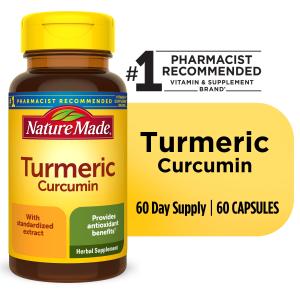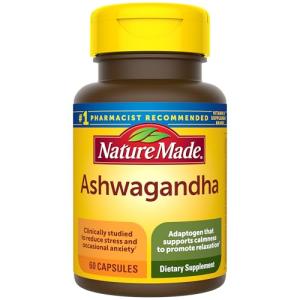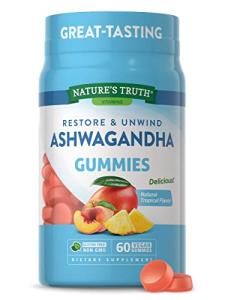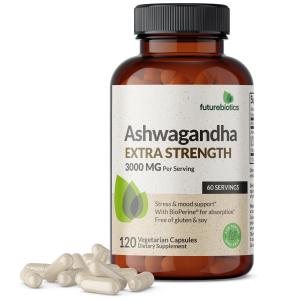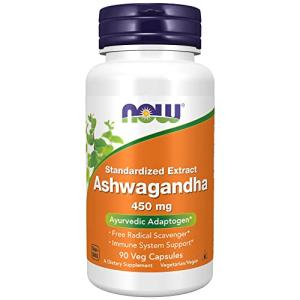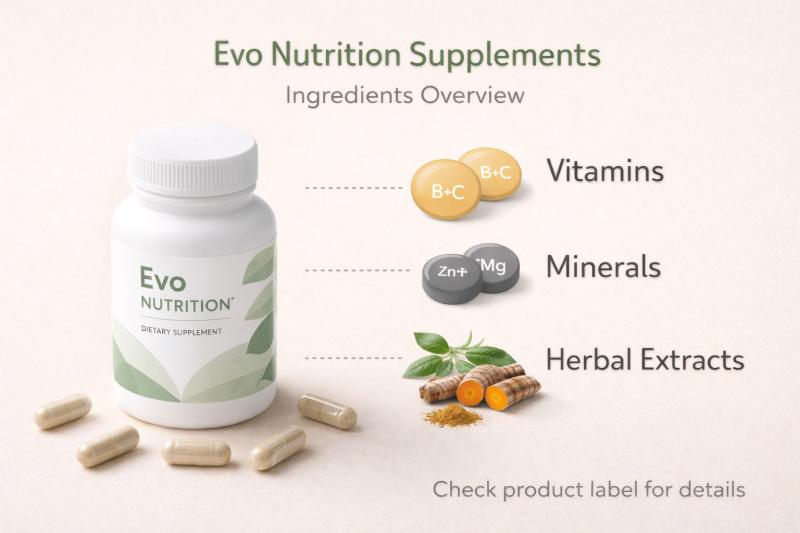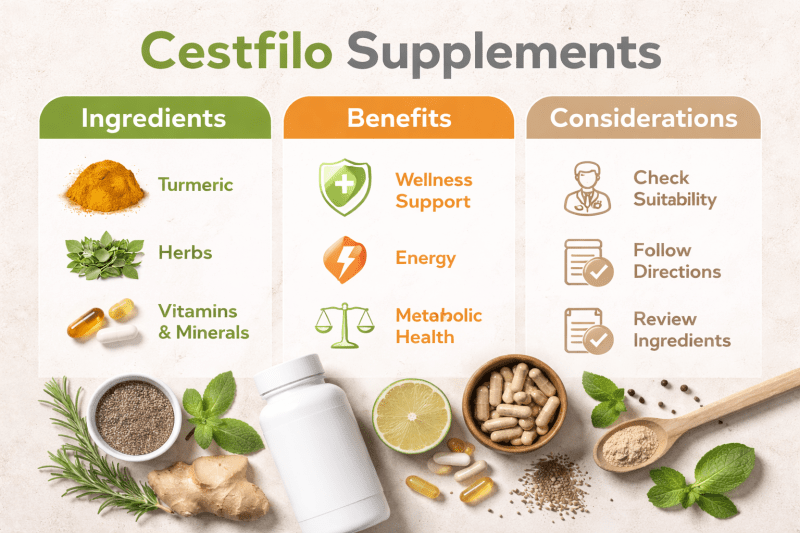The Benefits and Risks of Using Herbal Supplements: A Comprehensive Guide
Herbal supplements have been used for centuries to treat various ailments and promote overall wellness. While many people swear by their effectiveness, there are also potential risks involved with their use. In this comprehensive guide, we'll take a look at the benefits and risks of using herbal supplements, as well as some important factors to consider before incorporating them into your healthcare regimen.
The Benefits of Herbal Supplements
One of the primary benefits of herbal supplements is their perceived naturalness. Many people prefer to use them over traditional medications because they believe they are less likely to cause negative side effects. Additionally, certain herbal supplements may offer specific health benefits, such as:
- Improved Digestion: Ginger and peppermint are often used to treat digestive issues such as nausea, bloating, and indigestion.
- Reduced Inflammation: Turmeric and willow bark are natural anti-inflammatories that may help reduce inflammation and pain.
- Enhanced Immunity: Echinacea and elderberry may help boost the immune system and protect against illness.
- Lowered Anxiety: Valerian root and passionflower are natural remedies that may help manage anxiety and improve sleep quality.
The Risks of Herbal Supplements
While herbal supplements may seem like a safe and natural alternative to traditional medications, there are also important risks to consider. Just because something is "natural" doesn't necessarily mean it's safe. Some risks associated with herbal supplements include:
- Interactions with Medications: Certain herbal supplements can interact with prescription medications, potentially causing serious side effects.
- Allergic Reactions: Some people may be allergic to certain herbs or ingredients in herbal supplements, leading to potentially life-threatening reactions.
- Inaccurate Dosage: Herbal supplements aren't regulated in the same way as prescription medications, so there's a risk of taking too much or too little of a particular supplement.
- Contamination: Supplements can be contaminated with bacteria, heavy metals, or other harmful substances that can cause illness or injury.
Important Considerations Before Using Herbal Supplements
Before you start taking herbal supplements, it's important to keep a few things in mind. Here are some important considerations to keep in mind:
- Talk to Your Doctor: Before incorporating any new supplements into your healthcare regimen, it's important to talk to your doctor to ensure they won't interact with any medications you're already taking.
- Research Supplements Before Taking Them: Read up on a particular supplement and make sure it's been studied scientifically and hasn't been linked to any serious side effects.
- Choose a Reputable Supplier: Look for supplements from a reputable supplier with good reviews and certifications indicating that their products are of high quality and have been tested for purity and accuracy.
- Follow Recommended Dosages: Stick to recommended dosages and carefully measure out your supplements to avoid taking too much or too little.
In conclusion, herbal supplements can be a beneficial way to support your health, but they also come with risks. It's important to do your research, talk to your doctor, and choose a reputable supplier before incorporating any new supplements into your healthcare routine. By taking these precautions, you can safely and effectively enjoy the benefits of herbal supplements.
What You Need to Know Before Incorporating Herbal Supplements into Your Diet
Herbal supplements have gained immense popularity in recent years due to their perceived health benefits. From boosting your immune system to aiding in weight loss, these supplements seem like a magical solution to all your health problems. However, before you incorporate herbal supplements into your diet, there are certain things you need to know.
Consult with a Healthcare Professional
Prior to taking any herbal supplement, it is important to seek the advice of a healthcare professional. Just because something is natural does not imply it is safe. Some herbal supplements may interact with prescription medication or can be harmful if taken in large doses. Consulting with a healthcare professional can help you understand the potential risks and benefits of taking a specific herbal supplement.
Do Your Research
Before incorporating any new supplement into your diet, it is crucial to do your research. Look for trusted sources of information such as medical journals, scientific research, or peer-reviewed articles that provide information about the herbal supplement you want to incorporate. Be cautious of exaggerated claims or anecdotal evidence from non-reliable sources.
Beware of Possible Side Effects
Even natural supplements can have side effects. Some herbal supplements can cause allergic reactions or have interactions with other medications you might be taking. Common side effects of certain herbal supplements include gastrointestinal issues, headaches, and dizziness. Make sure you are aware of the possible side effects before taking any supplement.
Get the Right Dosage
Most herbal supplements come with recommended dosage guidelines on their packaging. It is essential that you follow these guidelines and do not exceed the recommended dose. Taking too much of a supplement can lead to adverse reactions or even harm your health. If you are unsure about the correct dosage, consult with a healthcare professional.
Quality Control Matters
The quality of the supplement you take can have a significant impact on its effectiveness and safety. It is important to ensure that the supplement you are taking is of high quality and has gone through appropriate quality control checks. Look for supplements that have “USP Verified” or “NSF International” certification on their packaging. This ensures that the supplement has been tested and verified for quality and safety.
By following the above guidelines, you can ensure that you are taking herbal supplements safely and reaping their potential health benefits. Remember that just because something is natural does not make it 100% safe. Consulting with a healthcare professional and doing your research is important to ensure you are making informed decisions about your health and wellness.
Exploring the Evidence: The Effectiveness of Different Herbal Supplements
Herbal supplements have been used for centuries to treat a variety of ailments and improve overall health. With the growing interest in natural and alternative medicine, many people are turning to these supplements to help with everything from anxiety and depression to joint pain and digestive issues. But how effective are these herbal supplements, really?
Echinacea
Echinacea is commonly used to boost the immune system and prevent colds and infections. While some studies have shown that echinacea may be effective in reducing the symptoms of colds and upper respiratory infections, the evidence is not conclusive. One study found that echinacea reduced the incidence of colds by 58%, while another found no significant difference between echinacea and placebo groups.
Ginger
Ginger is often used to treat nausea and vomiting, and may also have anti-inflammatory properties. Studies have shown that ginger may be effective in reducing nausea and vomiting in pregnancy and after surgery. Some studies have also suggested that ginger may be helpful in reducing pain and inflammation in conditions like osteoarthritis and rheumatoid arthritis.
Ginkgo Biloba
Ginkgo biloba is commonly used to improve memory and cognitive function. While some studies have suggested that ginkgo may be effective in improving cognitive function and reducing symptoms of dementia and Alzheimer's disease, other studies have found no significant difference between ginkgo and placebo groups. Some research has also suggested that ginkgo may have a small effect on improving symptoms of anxiety.
Turmeric
Turmeric is a popular supplement used for its anti-inflammatory effects. Some studies have suggested that turmeric may be effective in reducing pain and inflammation in conditions like osteoarthritis and rheumatoid arthritis. Other studies have suggested that turmeric may have potential anti-cancer and anti-diabetic properties, although more research is needed in these areas.
Conclusion
While the evidence for the effectiveness of herbal supplements is often mixed or inconclusive, many people continue to swear by their benefits. It's important to remember that herbal supplements should never be used as a substitute for medical treatment, and it's always a good idea to talk to your healthcare provider before starting any new supplements to ensure they are safe and effective for you.
Turmeric Curcumin 500mg Capsules, 60 Count
Boost your wellness routine with these powerful turmeric curcumin capsules for natural support and vitality
Product information
$13.99 $9.54
Product Review Score
4.25 out of 5 stars
9 reviews
